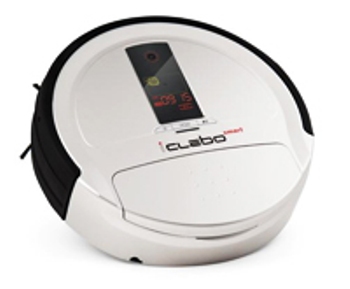Robots were initially developed to work in place of humans to perform repetitive work and enhance productivity.
 Yujin Robot vacuum cleaner
Yujin Robot vacuum cleaner
This image of using robots has changed drastically and robots now perform service work, tasks involving human-robot interaction. Recently, a number of robots were sent into the Fukushima reactor to measure the level of nuclear contamination. According to Lee Chi-ho, during the initial stages of growth of robotics US and Japan dominated the stage, later Japan and Germany took the lead. Lee Chi-ho is a researcher at the Samsung Economic Research Institute. Lee further explained that the rapid growth service robots for enhancing the quality of human lives was mainly due to the socio-economic changes such as aging society, low birth rate, craving for emotional support etc.
Service robots are essentially robots that help out human beings in education, entertainment, domestic chores in day-to-day activities; they are equipped with a certain level of artificial intelligence and are able to take some decisions on their own. Professional robots on the other hand are used for military operations or for performing special duties in dangerous environments and need to be controlled by an external source, which is a human being in most cases.
Lee mentioned that the robots developed by US have mostly been used for surgical and military purposes. Japan has always been the leader in personal service robots by introducing robots like AIBO, launchedby Sony, ASIMO, a humanoid created by Honda. Korea has established its own standard in developing robots dedicated to special purposes. Some of the robots developed by the Korean Institute of Technology are the RideBot, which is used for measuring blood pressure, body fat, pulse, weight etc. It can interpret body signals and move in different directions such as horizontal, vertical and spin movements. The robot is useful to straighten the skeletal and muscular system. ChairBot, a massage robot that controls the pressure based on body-weight and muscle stiffness. When it detects that the user is sleeping it automatically switches to sleep mode. The service robots developed by Korea are the Iclebo Smart, a vacuum cleaner robot developed by Yuji Robot. The robot, equipped with a camera takes pictures of the surroundings and generates a map of the house and chalks out an optimal cleaning path. The robot has encoders and gyrosensors that calculate the optimal angles and directions. The vacuum cleaner automatically returns to the base station when it needs a recharge. Another robot developed by Yujin, is the Cafero, which serves at restaurants in taking orders and engages in simple conversations with customers. There are also a range of robot teachers to teach children.